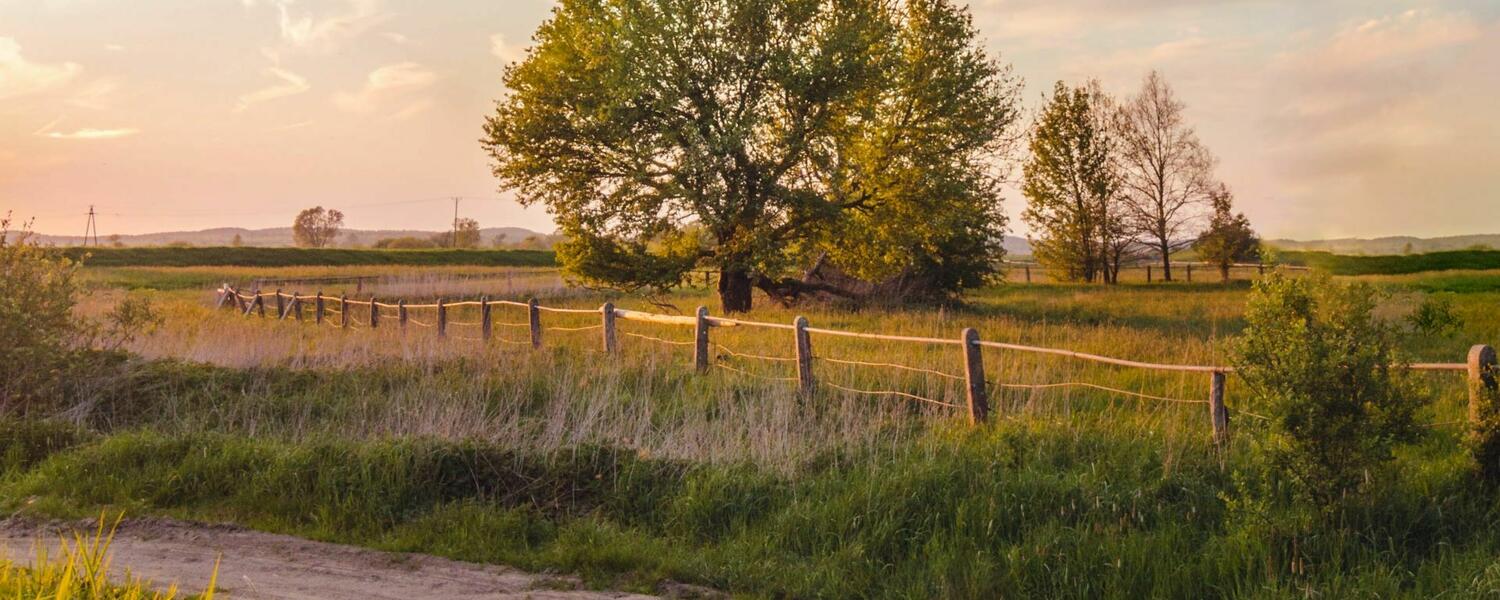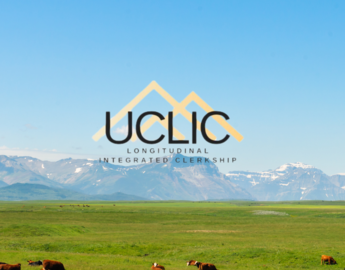Rural Learning Opportunities
Gain hands-on experience in a rural setting. Take a look at current rural learning opportunities available below.
Funding for expense reimbursements and/or housing is available. Please contact ruralmed@ucalgary.ca.
Pre-Clerkship Opportunities
MD Career Exploration Program
Pre Clerkship students may complete any number of their three one-week career development weeks in a rural/regional setting. Please go to the DLRI Share Point site to submit your request for a pre-clerkship career exploration opportunity.
FMCE (Family Medicine Clinical Experience)
FMCE is a one-on-one experience designed to provide early exposure to generalist Family Medicine in rural and regional clinics. Students will expand patient assessment skills and further integrate their accumulating knowledge while practicing with their preceptors.
Clerkship Opportunities
Clerkship Core Rotations (MDCN 502)
DLRI works with preceptors throughout Alberta and the NWT at over 40 different sites to support students in the core FM Rural Rotations. Working with our housing partner, RhPAP, DLRI also offers free housing and mileage support for all rural and regional core rotations.
Clerkship Electives
Clerkship electives are available throughout Alberta and the NWT in over 28 specialties and subspecialties. Please go the DLRI Share Point site to submit your request for a rural or regional elective.
UCLIC
University of Calgary Longitudinal Integrated Clerkship is a third year clerkship (36 weeks) in a rural/regional community
FAQ for New Learners
Are you a new student who is interested in rural medicine? Here, you will find some of our frequently asked questions from incoming learners.
Your scope of practice as a rural physician is ever-evolving, dependent on factors such as practice needs, medical field progression and personal interests as you advance your career. There are many resources available through UCalgary, with the support of groups such as RhPAP, that help expand your scope of practice as your needs, and those of our communities, continue to develop.
It is important to look for a community that values balance when you are establishing yourself as a rural physician. Some communities have worked to develop schedules and staffing to support a healthy balance for their physicians and medical professionals. In many cases though, this balance doesn’t just get handed to you, it is something that you need to work to cultivate over your career.
If you would like to have a career in rural medicine it helps to direct your learning to what would assist you in regional centres as you choose your post-graduate opportunities. This is especially important as jobs may not be immediately available in your desired region, so it is helpful to choose training opportunities that will be beneficial to that centre. Sometimes this will even look like getting a year or two in a fellowship elsewhere to just get a job where you will have rural experience under your belt. It may also be useful for you to inquire about fellowship skills that may be helpful for your specialty in regional centres.
When this question was posed to our preceptors currently residing in rural settings, they expressed that while you will still sometimes encounter experiences of being treated as "the other" in rural communities, that they experience far less of this than they have in some urban settings. Hostile attitudes can be found in any community you are apart of, but in general our physicians have found their small communities to be supportive and accepting. Reported learner experiences of discrimination while serving rural communities have been very infrequent. In fact most report that the communities that they are sent to often are eager to learn about the backgrounds of learners and physicians and that they look for ways to be inclusive and supportive.
You also have access to a very supportive medical learning community with other students and preceptors there to support you, as well as your UCalgary programs and facilitators.
Sometimes you would like to be a rural physician, but circumstances can split your interests between rural and urban (for example, having a partner who is urban focused). Many find a balance through work arrangements such as locums or by finding another way to support rural medical communities, education and research opportunities. But sometimes you will be forced to choose one over the other, all of this depends on your own unique circumstances. Look for mentors who have had experiences like this; there are many, and they can help to give you guidance on what worked best for them, their careers and their families.
If you have questions about UCLIC, such as how to apply, what communities you can go to, can you take your pet, etc. check out our full UCLIC FAQ page!





